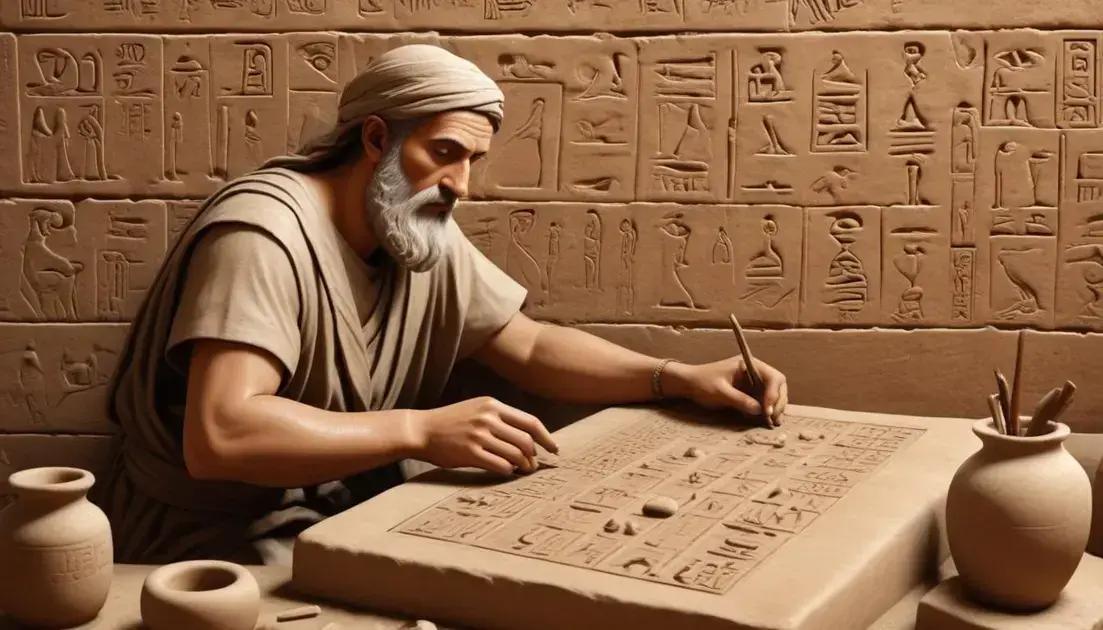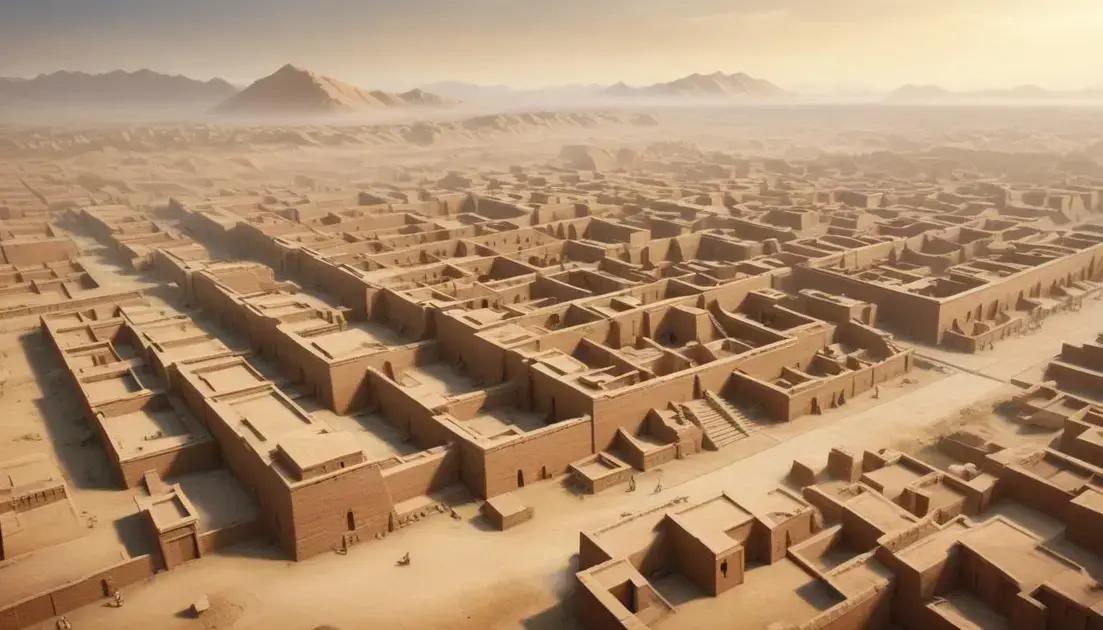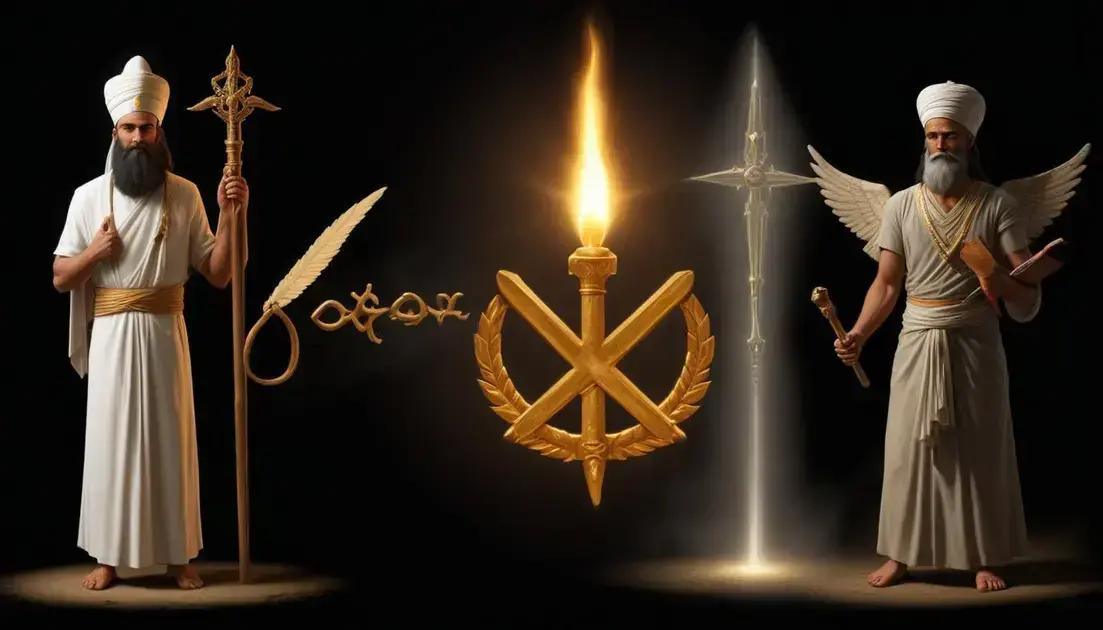
The Invention of Writing: The Birth of Recorded History
The invention of writing revolutionized communication by enabling cultures to document laws, events, and knowledge. Scripts like cuneiform and hieroglyphics allowed societies to connect and thrive, preserving information for future generations. Written records facilitated complex trade, governance, and education, marking a significant advancement in human history.
Writing is more than just marks on a page; it’s the gateway to our civilizations. Imagine a world where histories were only spoken—how can we grasp the depth of our past without the written word? Join us as we explore this fascinating journey!
The significance of writing in ancient cultures
Writing played a crucial role in ancient cultures. It was not just a way to communicate, but a means to record events and share knowledge. In ancient civilizations, such as Mesopotamia, writing helped shape society and governance.
With writing, people could keep track of trade, laws, and family histories. This was important for maintaining order and establishing power. It also allowed stories and traditions to be passed down through generations.
Another important aspect of writing was its ability to unify communities. By having a common written language, different groups could work together. This made it easier to manage resources and connect with neighboring cultures.
The invention of writing also sparked advancements in education. Schools began to emerge, where scribes learned the art of writing. This knowledge became a valuable skill, leading to new professions and greater social mobility.
Overall, writing was a transformative tool. It changed how people interacted with each other and the world around them. Without writing, many advancements we take for granted today might not have been possible.
How writing transformed communication
Writing has changed how we communicate in powerful ways. Before writing, people relied on spoken words to share thoughts and ideas. This limited how much information could be passed on.
With the invention of writing, communication became clearer and more precise. People could record important events, laws, and stories. This created a way to share knowledge over distances and generations.
Writing also allowed for more complex ideas to be expressed. People could organize their thoughts and share them in an understandable way. For example, with written contracts, people could settle agreements more easily.
Moreover, writing made it possible to communicate across time. Ancient texts allow us to learn from people who lived long ago. Their thoughts, beliefs, and experiences still influence us today.
Overall, writing has been vital in building connections among people. It opened new doors for collaboration, trade, and culture. With writing, we can share ideas like never before.
The evolution of scripts and languages
The evolution of scripts and languages is a fascinating journey. It started with simple symbols. These symbols represented things people could see, like animals or objects.
As cultures developed, so did their writing systems. Ancient Egyptians used hieroglyphics, which combined symbols and sounds. This made their writing rich in meaning.
Meanwhile, the Sumerians invented cuneiform, one of the first writing systems. They used a stylus to create wedge-shaped marks on clay. This was a big step in keeping records and sharing ideas.
As trade expanded, languages blended. Different cultures borrowed words and adapted scripts. This mixing enriched languages and made communication easier.
Today, there are thousands of languages around the world. Each one carries a unique history and culture. As languages evolve, they reflect changes in society, technology, and art.
The journey of scripts and languages shows how humans adapt and connect. It’s a testament to our creativity and the way we express ourselves.
Impact of written records on society
Written records have had a huge impact on society. They changed how people share information and keep histories. Before writing, people relied on memory and oral storytelling. This was limited and could lead to errors over time.
With the advent of writing, societies could document laws, events, and transactions. This helped to create order and stability. For example, the Code of Hammurabi is one of the earliest written laws. It set clear rules for everyone.
Written records also allowed for better communication across large distances. Unlike oral messages, written messages could be sent and read by others later. This improved trade and diplomacy between different cultures.
Moreover, written records preserved knowledge for future generations. Scholars could study texts, leading to advancements in science, philosophy, and art. Libraries became centers of learning, where people gathered to share ideas.
In modern times, written records are more important than ever. They play a role in government, business, and education. Without them, we wouldn’t have the structured society we live in today.
Conclusion
In conclusion, the impact of writing on society is immense. It transformed how we communicate and share knowledge. With written records, people could document important events, laws, and agreements, which helped create order in society.
Writing also allowed cultures to connect and prosper. By sharing information across distances, communities could work together better. This exchange of ideas led to advancements that shaped the world.
Today, the importance of written records remains clear. They are vital in government, education, and business. By understanding their significance, we can appreciate how far we’ve come and what lies ahead.


